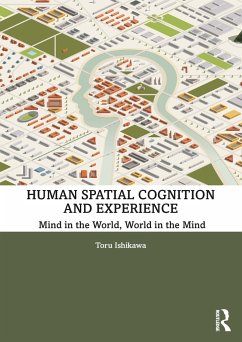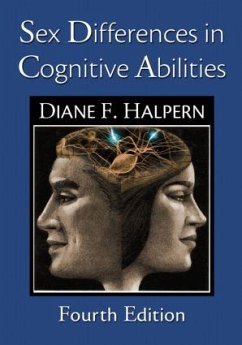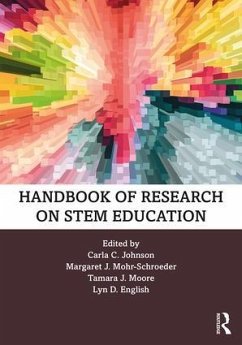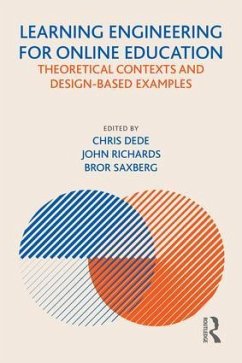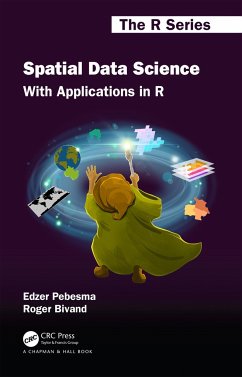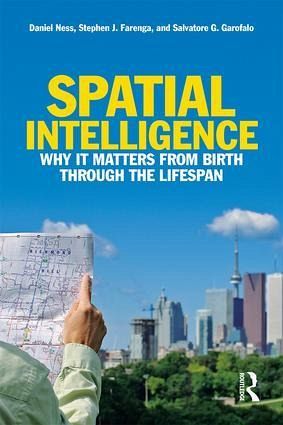
Spatial Intelligence
Why It Matters from Birth through the Lifespan
Versandkostenfrei!
Versandfertig in 6-10 Tagen
53,99 €
inkl. MwSt.
Weitere Ausgaben:

PAYBACK Punkte
27 °P sammeln!
Spatial Intelligence examines public and professional conceptions of the relationships between thinking about spatial attributes and active engagement in spatially related constructions and designs. Even though children's and adolescents' spatial propensities in constructive activities parallel the skills needed by professionals in both established and emerging fields, spatial education is often missing from K-12 curricula and is easily impeded by teachers, parents, or other individuals who do not provide contexts in formalized settings, such as schools, to nurture its potential. This book bri...
Spatial Intelligence examines public and professional conceptions of the relationships between thinking about spatial attributes and active engagement in spatially related constructions and designs. Even though children's and adolescents' spatial propensities in constructive activities parallel the skills needed by professionals in both established and emerging fields, spatial education is often missing from K-12 curricula and is easily impeded by teachers, parents, or other individuals who do not provide contexts in formalized settings, such as schools, to nurture its potential. This book bridges the gap by linking the natural spatial inclinations, interests, and proclivities of individuals from a variety of cultures with professional training and expertise in engineering, architecture, science, and mathematics. Educators will be better able to achieve the skills and awareness necessary to provide children and young adults with the vital opportunities inherent in spatial education.





